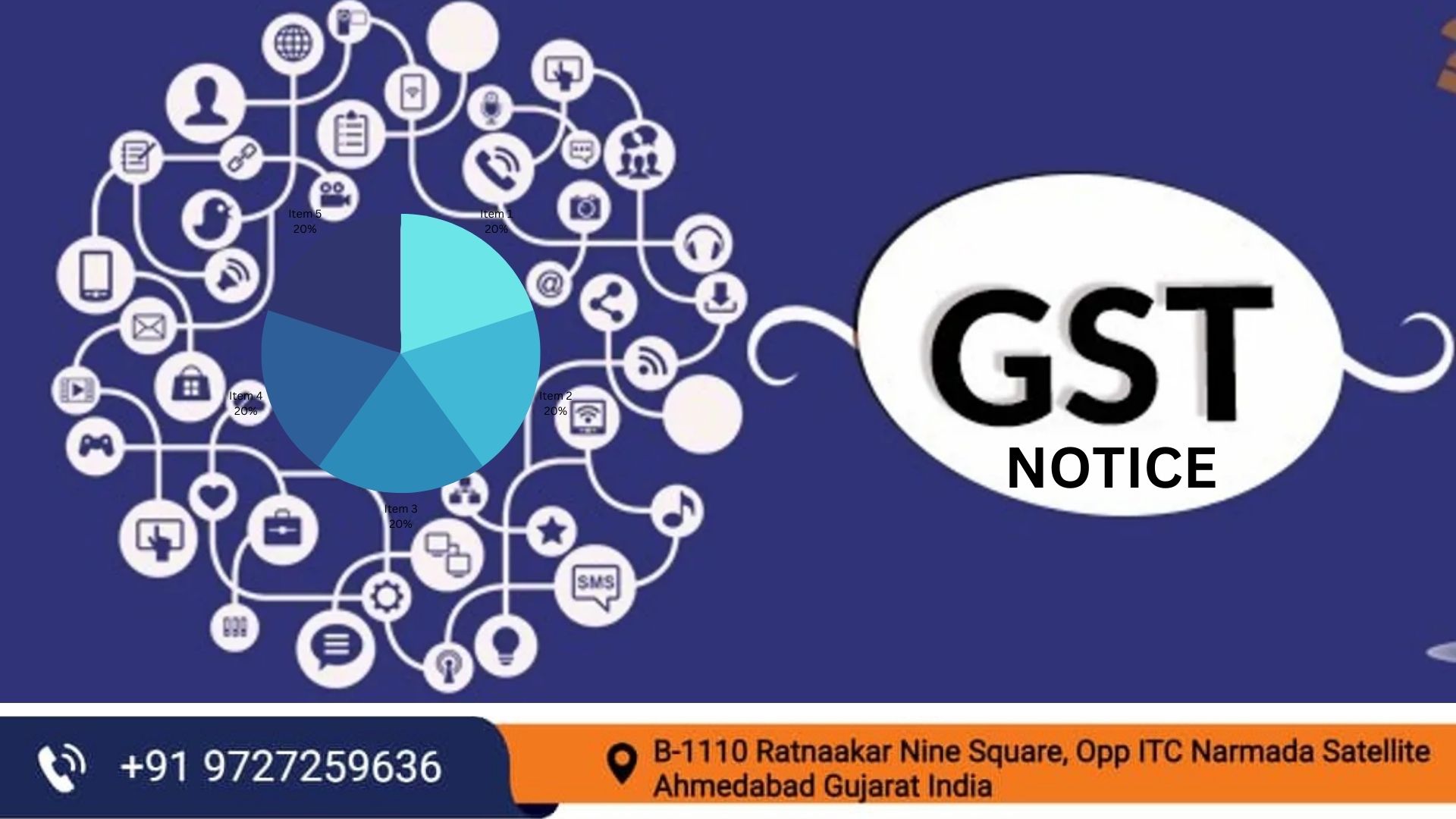
Background:
In a recent case that has significant implications for taxpayers dealing with Goods and Services Tax (GST) in India, the Kerala High Court addressed a critical issue. Koduvayur Constructions, a company with GST registration, had its registration cancelled. They believed this meant they were no longer responsible for GST payments. However, the government sent them a notice via the GST portal, demanding a substantial amount.
The Legal Issue:
The key question before the court was whether sending this notice through the GST portal constituted a valid method of informing the company about their outstanding tax obligations.
The Court’s Decision:
To resolve this, the court examined Section 169 of the CGST Act, 2017, which outlines the procedures for serving notices and orders in the GST framework. Significantly, the court pointed to Section 169(1)(d), which explicitly acknowledges the GST portal as a legitimate means of delivering such orders. This clarified that serving an order through the GST portal aligns with the law.
Key Points from Section 169 of the CGST Act, 2017:
- Section 169 provides a framework for serving notices and orders in the GST context.
- It includes methods like registered post, email, and making orders available on the common GST portal.
- Section 169(1)(d) specifically mentions the option of sending orders to the taxpayer’s registered email address.
Court’s Implications:
The court’s ruling highlights the significance of Section 169(1)(d) in the CGST Act, 2017. It underscores that taxpayers have a responsibility to regularly check the GST portal for government communications. Failing to do so cannot serve as a valid defence.
For Assesses:
This decision carries a clear message for businesses engaged in GST transactions: just as you wouldn’t ignore important emails, you must consistently monitor the GST portal for messages from tax authorities. Section 169(1)(d) makes it explicit that the government can send orders to your registered email address, and failing to check cannot be an excuse.
Our View’s:
The Kerala High Court’s ruling serves as a wake-up call for all GST taxpayers. It emphasizes the importance of staying informed and diligent in fulfilling tax obligations. The law offers various officially recognized methods of communication, including the GST portal. Ignorance of these methods is not a valid defence. Therefore, it’s incumbent upon businesses to proactively manage their tax responsibilities in accordance with Section 169 of the CGST Act, 2017, to avoid potential legal complications.
This Article is only a knowledge-sharing initiative and is based on the Relevant Provisions as applicable and as per the information existing at the time of the preparation. In no event RMPS & Co. or the Author or any other persons be liable for any direct and indirect result from this Article or any inadvertent omission of the provisions, update etc. if any
Published on: October 27, 2023
